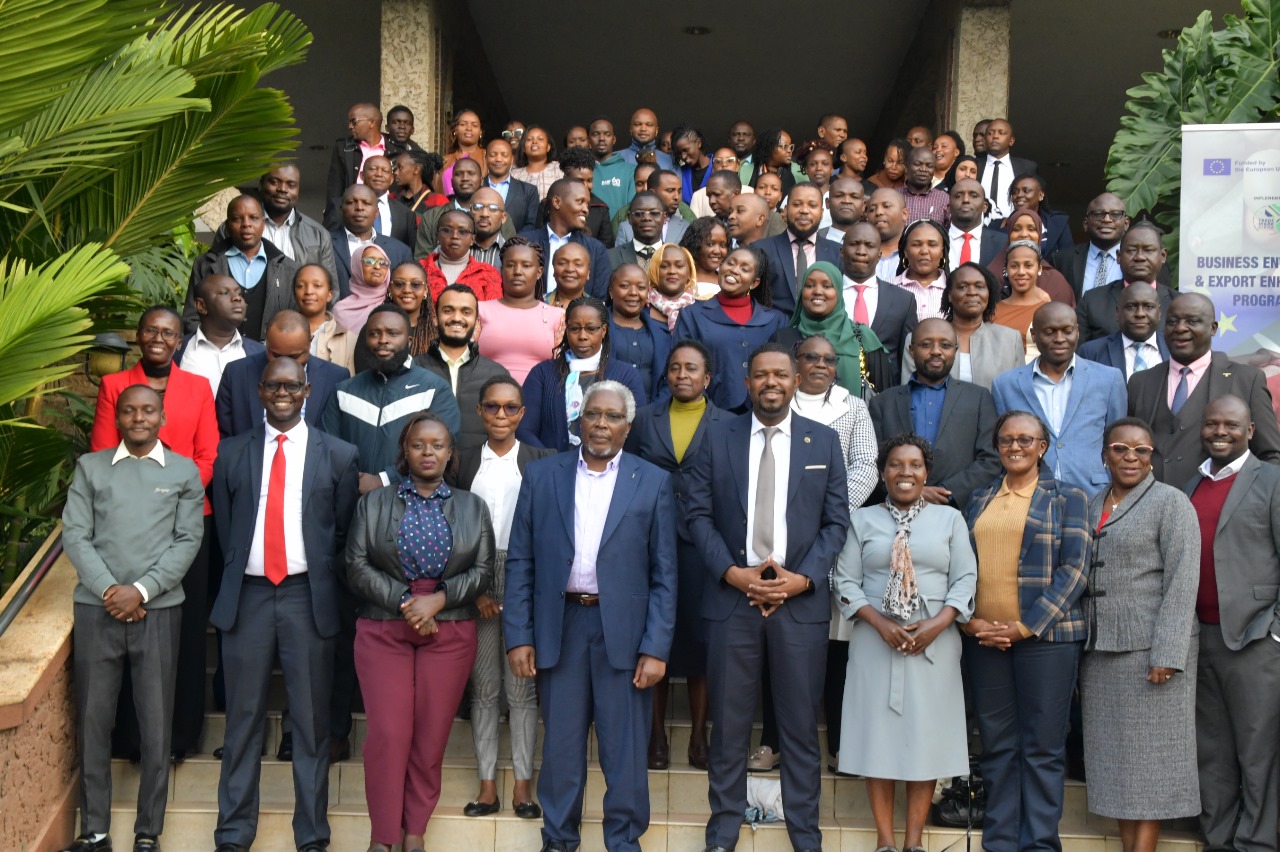State Department for Investment Promotion Charts Strategic Direction for FY2025/26 at Sarova Panafric
The State Department for Investment Promotion (SDIP) held its annual strategy meeting on Tuesday, July 8, 2025, at the Sarova Panafric Hotel, bringing together staff from across all departments. The session, hosted by Principal Secretary Abubakar Hassan Abubakar, focused on fostering interdepartmental synergy, aligning performance goals and strengthening service delivery as the department enters the new fiscal year.
The strategy meeting aimed to reaffirm SDIP’s mandate—investment promotion—while ensuring all departments align their priorities for the FY2025/26. The PS called for enhanced collaboration, particularly among technical teams to eliminate duplication and foster a unified approach to implementation.
“Our purpose is clear,” said the PS. “We exist to attract and retain investments. As we enter the new fiscal year, we must work together to create an enabling environment and deliver on our commitments under the Bottom-Up Economic Transformation Agenda (BETA).”
Representing the Business Environment and Export Enhancement Programme (BEEEP), Director Rueben Ng’eno outlined the FY2025/26 focus areas under Strategic Objective 3, implemented by SDIP’s Department of Business Reforms and Transformation (DBRT). Supported by the EU and TradeMark Africa, SO3 targets business environment reforms to lower operational costs and improve service delivery.
Priority interventions include: Finalization and rollout of the National Investment Strategy and County Competitiveness Index, Support for Business Laws (Amendment) Bills and B-Ready reform action plans, Implementation of the e-Government Procurement (eGP Kenya) system, Launch of a National Branding and Communication Strategy to enhance investor confidence and Strengthening dispute resolution mechanisms, transparency frameworks and institutional capacity within DBRT.The SO3 portfolio links closely with KJET and other SDIP initiatives to create a streamlined and competitive regulatory environment for investment.
Project Director Luke Ombara, gave an overview of the Kenya Jobs and Economic Transformation (KJET) project. Funded by the World Bank (€140.7M), KJET addresses systemic challenges to job creation and investment through business reforms, green financing and digital facilitation platforms. The project’s focus areas—private sector growth, sustainable SME support and market access—are key to unlocking inclusive economic transformation in line with SDIP’s mandate.
Director Hussein Adan presented a performance review of the SDIP Strategic Plan (2023–2027), highlighting key achievements such as attracting $1.504 billion in investment in 2024, implementing 10 business reforms, facilitating 238 investor aftercare engagements and operationalizing the One Stop Shop for investors. Export Processing Zones (EPZs) across Busia, Murang’a, Kirinyaga and Uasin Gishu have shown notable development progress, contributing to over 89,000 jobs created by March 2025.
Led by Director Anwar Ahmed, the ICT unit outlined ongoing digitization efforts at SDIP, including the rollout of internal systems, ICT policy enforcement, data protection frameworks and support for flagship programs such as BeeeP and KJET. Emphasis was placed on integrating digital tools to improve efficiency, cybersecurity and service delivery across the board.
With FY2024/25 officially closed on June 30, departments were urged to align their work plans and Performance Contracts with the new FY2025/26 guidelines.
As Kenya continues to position itself as Africa’s premier investment destination, SDIP’s strategy meeting underscored the importance of coherence, innovation and responsiveness in driving sustainable economic growth.

